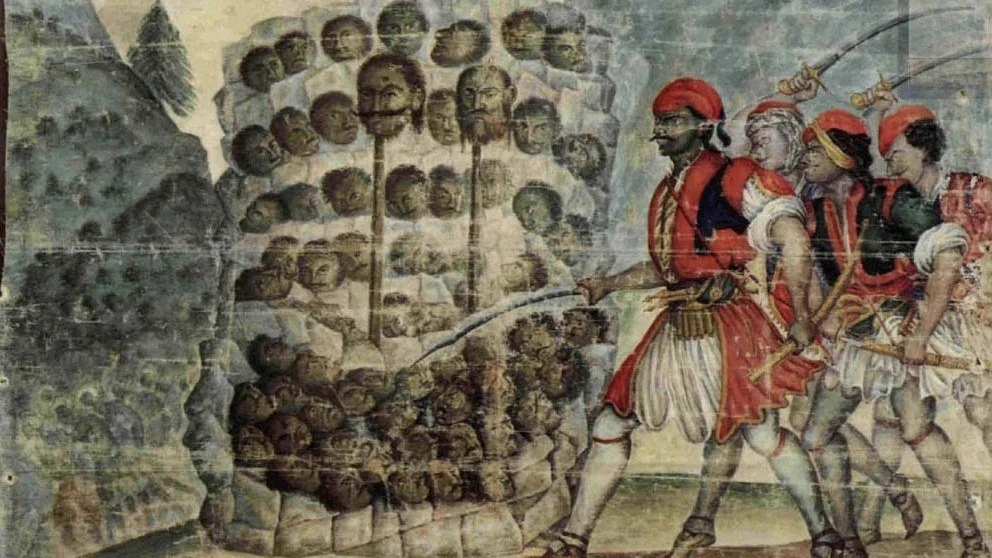No one questions the colonisation of Magna Graecia by the Greeks, the name given to the coastal areas of Southern Italy and Sicily, is proof of that.
It was in the 8th century BC that Ancient Greeks came decided to settle in the fertile lands of Magna Graecia, according to artefact and other archaeological finds.
New DNA research published in the European Journal of Human Genetics, has just confirmed there is a strong biological influence apart from the cultural.
“Scenarios ranging from a colonization process based on small groups of males moderately admixing with autochthonous [indigenous] groups... to substantial migrations from Greece and a Hellenic origin for a significant part of the pre-Roman Italian population,” explains Lead author Sergio Tofanelli.
Tofanelli and his colleagues find fault with previous DNA analyses of Greek colonisation primarily which were using specific lineages of haplotypes as markers, however, contemporary genomes in many cases do not accurately reflect the DND makeup of ancient populations.
Using both mitochondrial DNA and Y chromosome analysis, the study simulates genetic change over time sequencing the DNA of more than 800 people native to the areas of Euboea and Corinth, where the first wave of Magna Graecia colonisers came from, along with people whose families were native to Sicily and southern Italy.
Map pointing the geographic origin of source, recipient and reference population samples. Primary and secondary colonies
founded during the Archaic Age of the Hellenic expansion to South Italy and Sicily are also shown in grey dots
[Credit: Sergio Tofanelli et al. European Journal of Human Genetics]
By modelling the typical mutation rate they recovered a strong signature of Greek DNA between the 8th and 5th centuries BC.
"Despite the multiple alternative explanations for historical gene flow," they write, "it is relevant to stress here that a signature specifically related to the Euboea island in East. Sicily was consistently found at different levels of analysis-proving that it was most likely colonised first, in line with the historical and archaeological evidence, attesting to an extended and numerically important Greek presence in this region."
Tofanelli’s finds point that "the migration and settlement process was driven by males. This is one of the few cases of sex-biased gene flow skewed towards an increased male instead of female contribution," the authors conclude.
Part of the reason could be due to patrilocality as the norm for men was to stay in their birthplace while women could be ‘offered’ to spouses in neighbouring kingdoms.
This study is the first to use a full set of haplotypes and therefore provides better coverage of possible DNA links than previous studies.
Source: Neos Kosmos [July 24, 2017]










